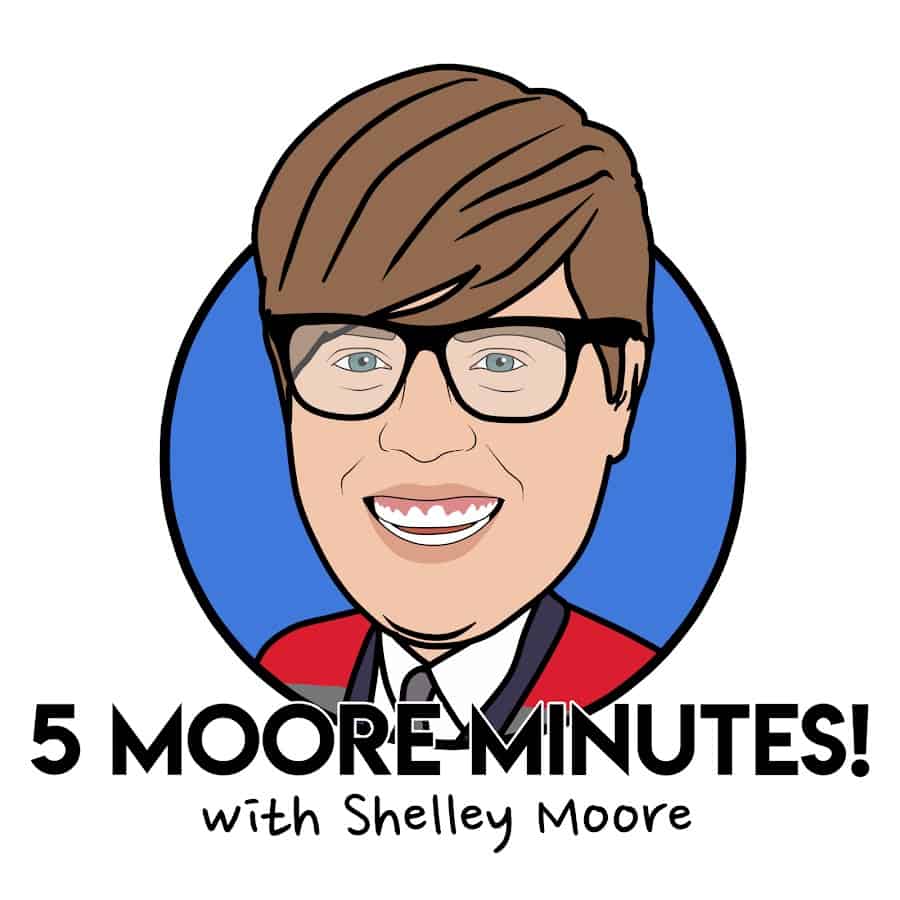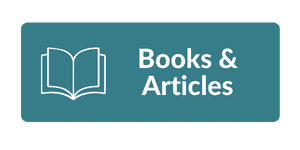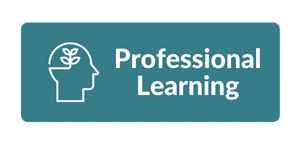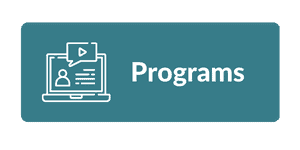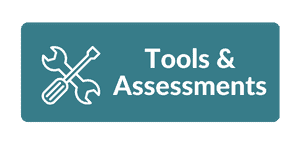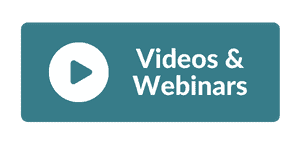The Tools
We have curated a series of tools and resources to help you in your UDL Journey. You can find all of them on this page, organized by media type.
For greater relevance, you can also find them connected to each of the four stages of “The Path” to implementing UDL presented in this UDL Journey Guide.
Additionally, you can head on over to the “The People” section to learn more about the California UDL Coalition and the CA UDL Network, where you may also find additional resources.
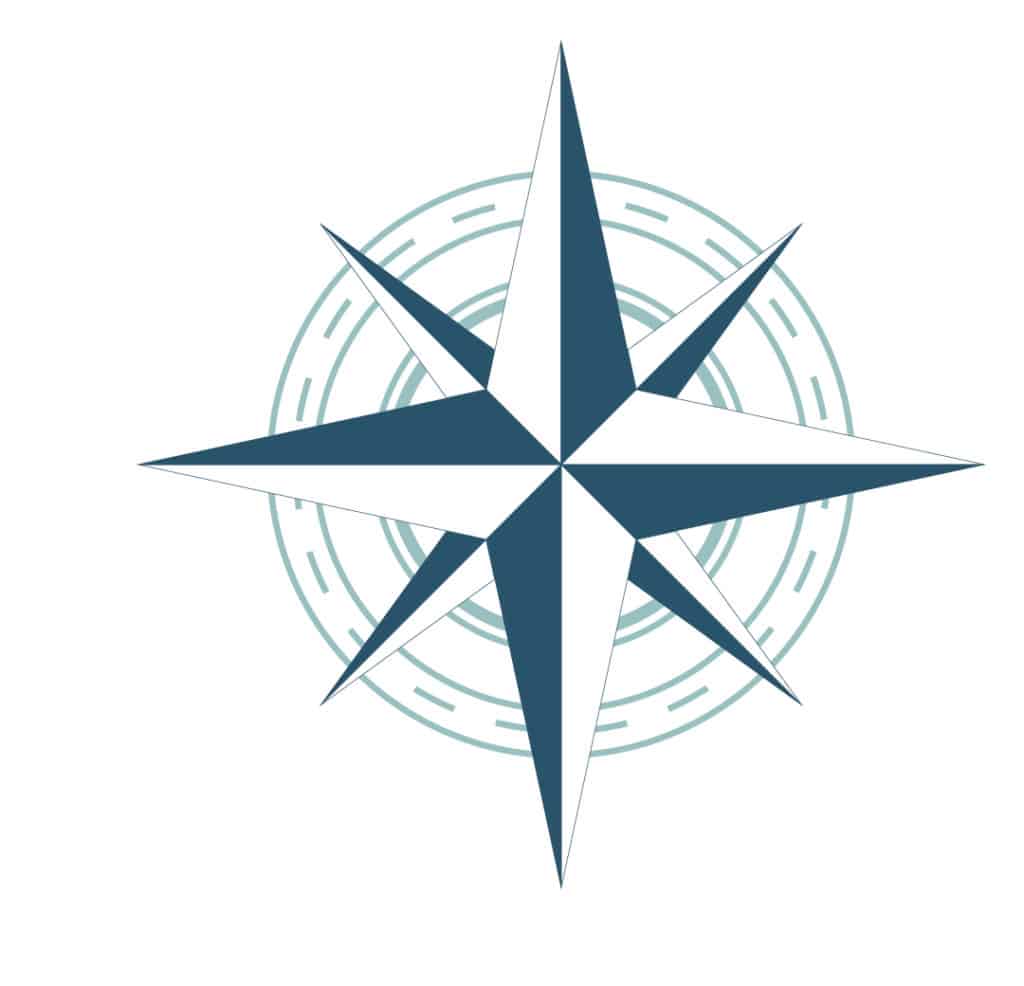
Books & Articles:
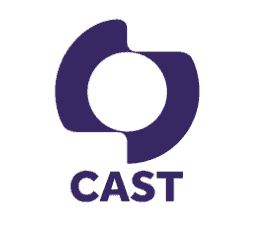
UDL Now! A Teacher’s Guide to Applying Universal Design for Learning in Today’s Classrooms

Your UDL Journey: A Systems Approach to Transforming Instruction
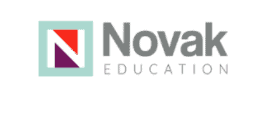
6 Myths About Universal Design for Learning
Podcast:
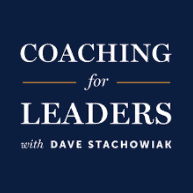
Creating a Shared Vision
Professional Learning & Capacity Building:

Resources from CCIL
The California Coalition for Inclusive Learning (CCIL) has webinars, tools and tips, and time-differentiated professional learning opportunities to help educators design for inclusive learning.
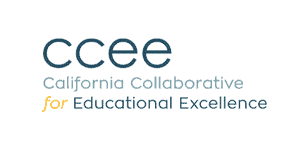
UDL for Educator Empowerment

UDL for School and District Leaders

The Assessment Playbook: A UDL Approach

Inclusive Literacy by Design
Programs:
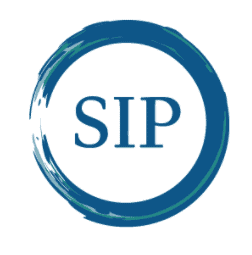
Supporting Inclusive Practices
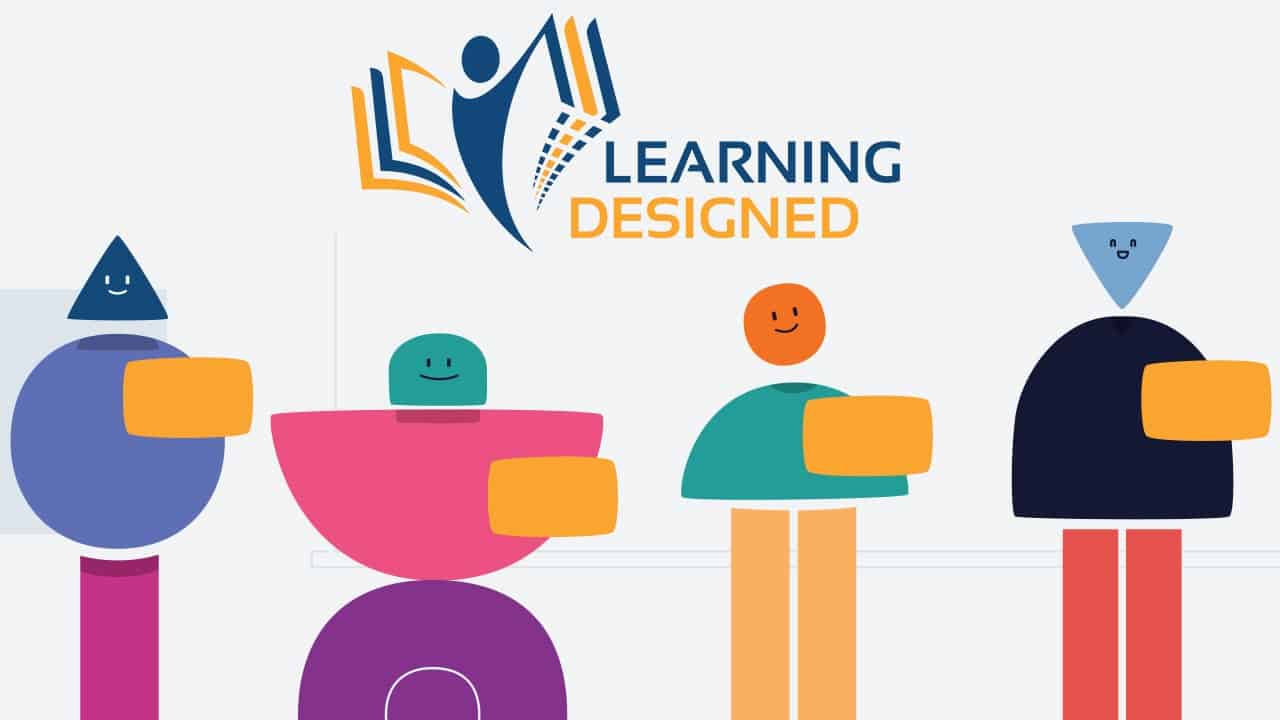
Inclusive Literacy By Design - Four Ways to Engage: Literacy Across Disciplines
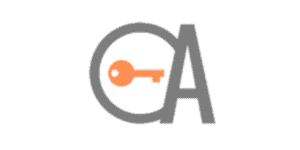
Open Access - Support for all Learner in K-12 settings.
Tools & Assessments:

UDL Look-Fors
This resource was developed by the Open Access, an initiative led by Placer County SELPA and funded by the California Department of Education and the California Collaborative for Educational Excellence.
Webinars & Videos:

UDL in 30: A Question of Access and Equity for All

Why you should be an expert learner (for Kids!)
